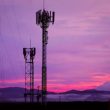The Sura Shopping Complex IPP (independent power project) is a 1.5 megawatts off-grid electricity system. It was built by private sector developer, Solad Power Holdings, under the auspices of the Federal Government’s Energising Economies Initiative (EEI), a programme being implemented by the government’s Rural Electrification Agency (REA).
The idea was to create a public-private partnership structure that provides uninterrupted power supply to specific clusters within the country, especially economic hubs. The Sura project powers 1,047 shops, the majority of these are mid-scale manufacturing and distribution companies.
Other beneficiaries of similar REA initiatives are the Sabon Gari Market in Kano State, NorthWest Nigeria, and the Ariaria Market in Aba, Abia State, SouthEast Nigeria.
The Ariaria project is being powered by a Compressed Natural Gas (CNG) Plant. The project at Sabon Gari is powered by solar panels in partnership with a solar energy company, Rensource.
About the Sura Shopping Complex IPP
The project is an off-grid solution. This means that the deployment of the power supply is done by independent developers, bypassing the distribution, transmission and generating power value chain of Nigeria’s main grid supply.
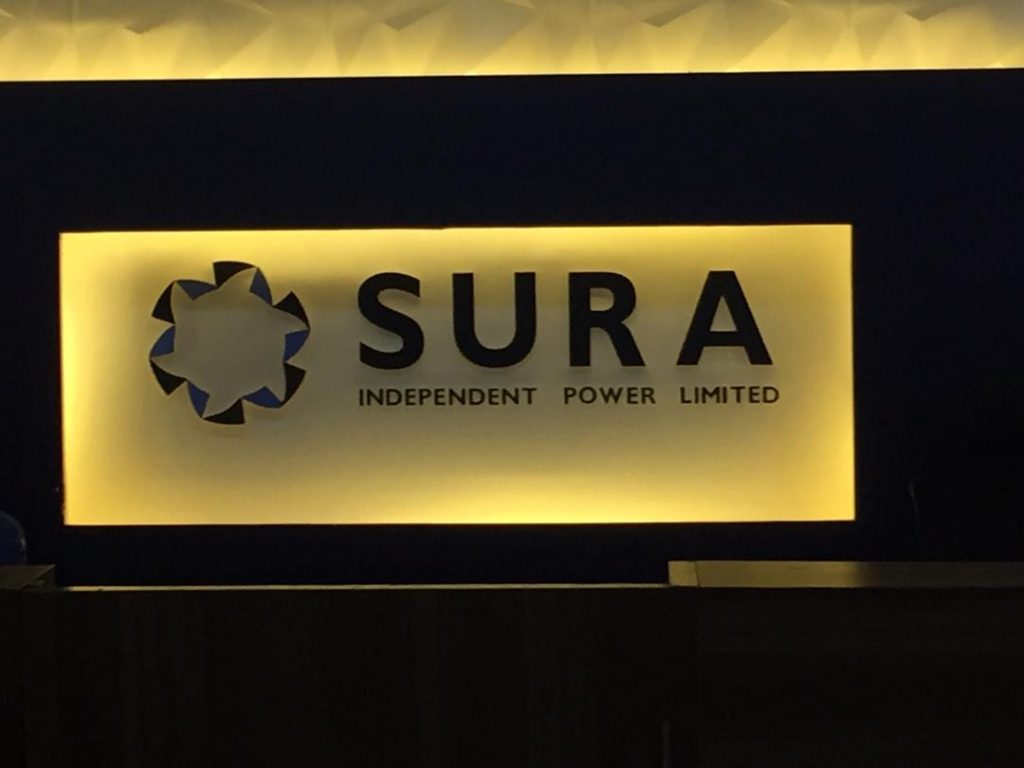

Metering
The IPP relies heavily on the income generated from the users hence a precondition for success is a comprehensive metering system. According to our findings, all the 1,047 shops in the complex have been metered by a local manufacturer, CWG Plc.
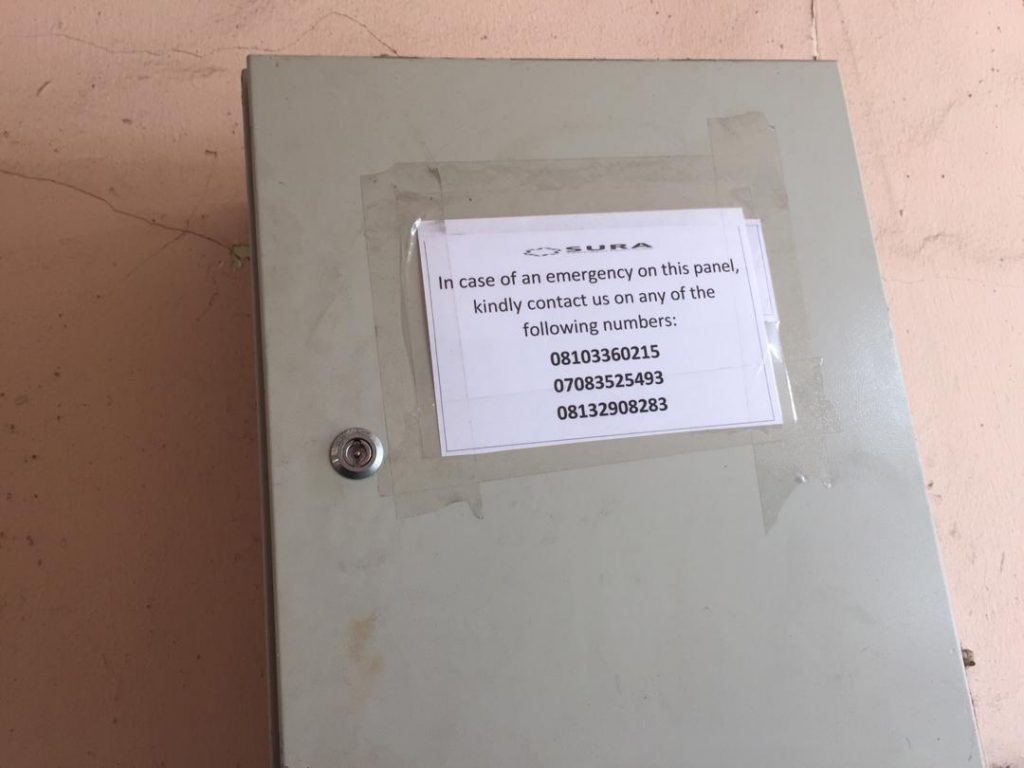

The meters are of two basic types: a one-phase meter for shops that use basic equipment. Then, the three-phase meters were given to stores that use heavy machinery that can only function on a 3-phase power supply.
You will find meter housing boxes on the corridors of each block of shops. According to the engineers, the customers do not need the meters installed in the offices. They all have a Customer Interface Unit (CIU) that enables them to do transactions and check their units.
Power Station
The IPP power base is not situated in the complex but there is a power station that serves as an alternate power source for the complex. The power station has a massive generating set that was not in use during the period we were there.
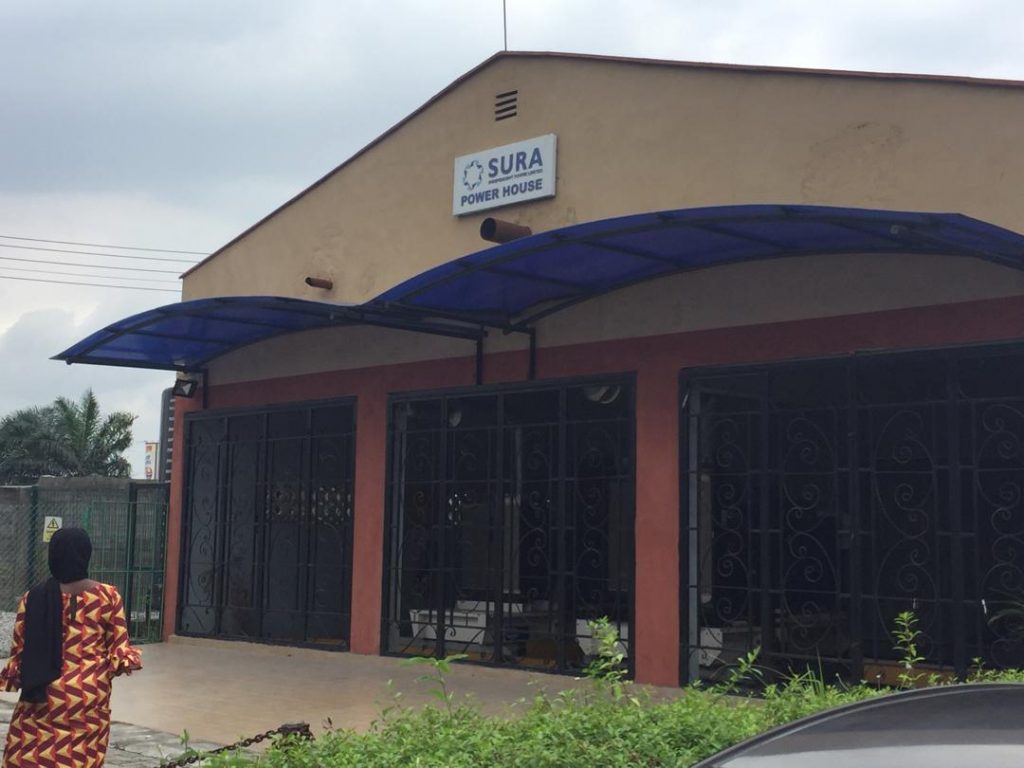

According to the engineers, there are rare instances when power is interrupted for maintenance reasons. At such times, the complex will depend on the power station for supply.
Control room
There is a control room where the entire station is monitored. The systems are maintained here as well.
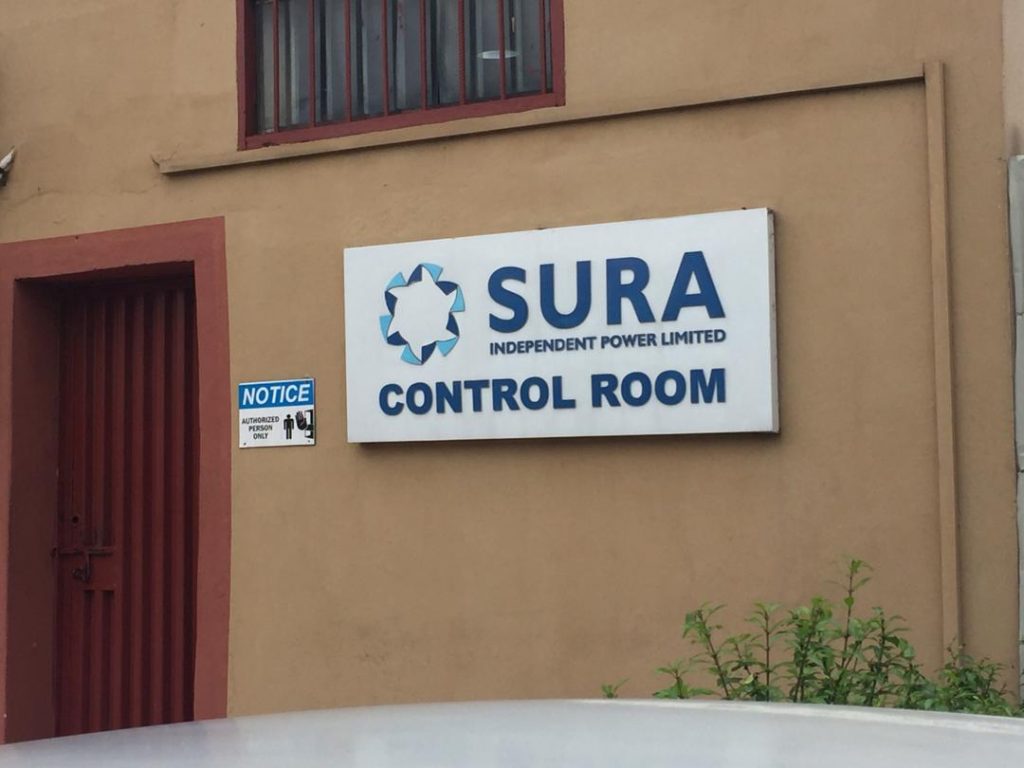

The complex has a transformer unit with a data board system that coordinates with the metering system to monitor consumption of each shop and terminate a connection when it’s due.
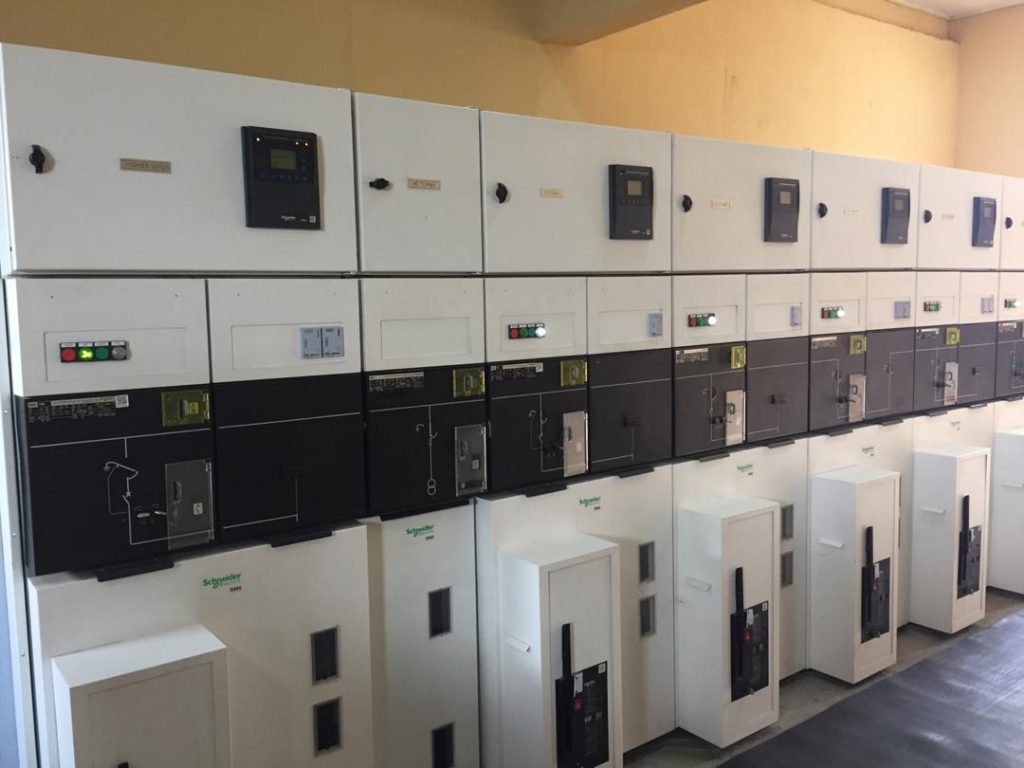

Customer Interface unit
The Customer Interface Unit (CIU) is a white box with a screen and a set of keys. Each shop is given a box to carry out basic transactions. All they need to do is connect the box to the socket using the wires. Then, they will punch in codes to recharge and check balances.
The technology features a data management unit attached to the transformer unit that measures consumption by individual users and coordinates connection and otherwise.
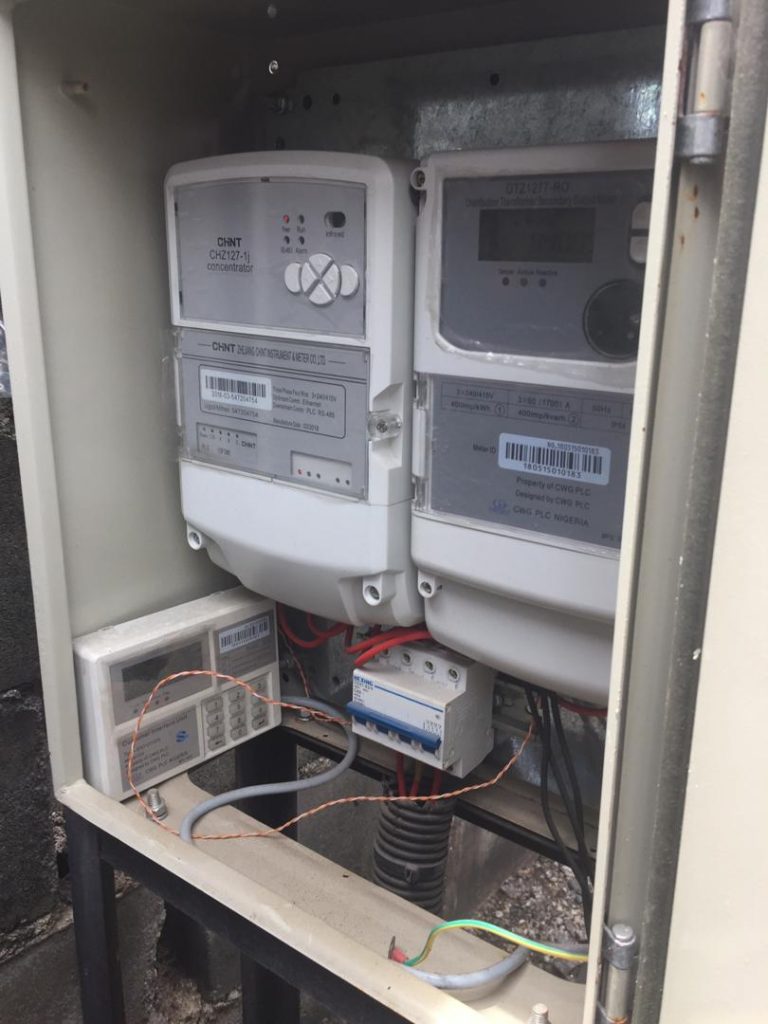

Customer Experience Centre
On the far right, close to the exit gate of the complex is a beautiful building that serves as a walk-in centre for customers within the complex. There, they make inquiries and lay complaints.
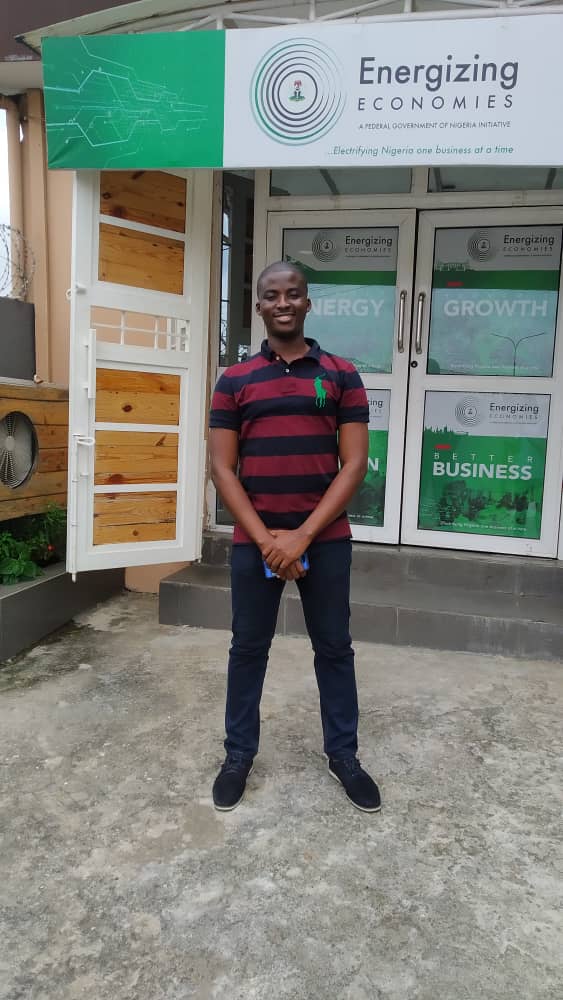

We observed that the centre was not as crowded as expected. We were told that the daily visits have reduced since shop owners can carry out basic transactions using the mobile app or the website.
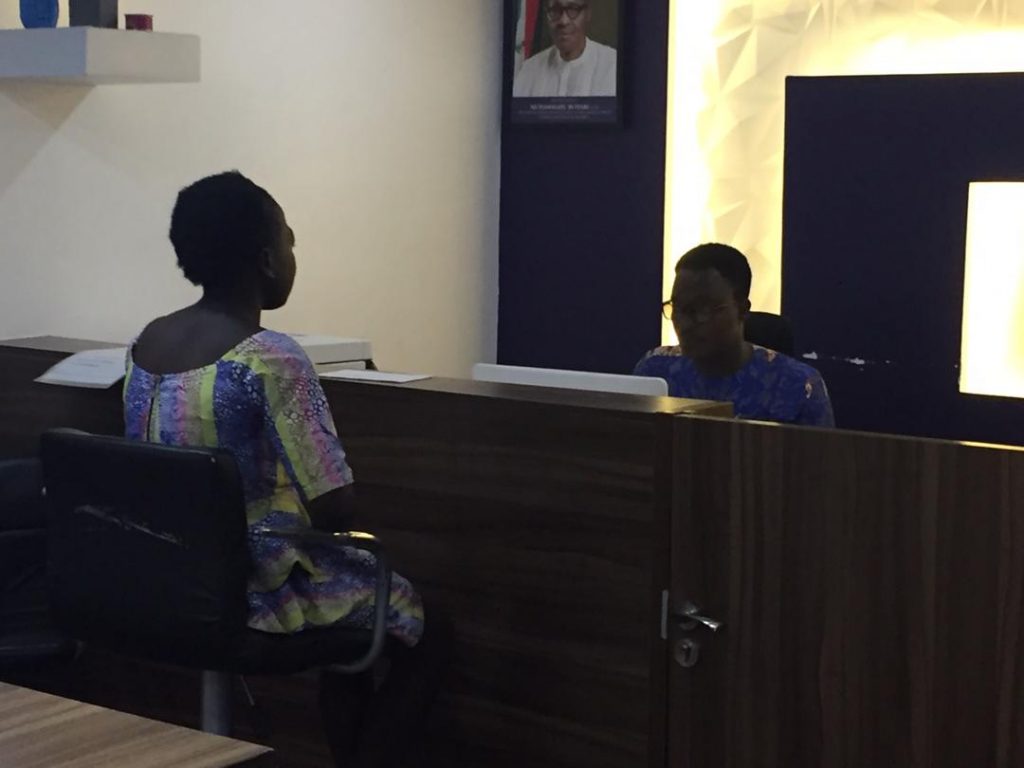

Tariff
For the Sura Shopping Complex merchants, each power unit costs a sum of N52.8/kWh.
This is significantly above the tariff of the complex’s previous distribution company at N20.55/ kWh for non-industrial commercial users and N25.67/kWk for industrial commercial users situated in the complex.
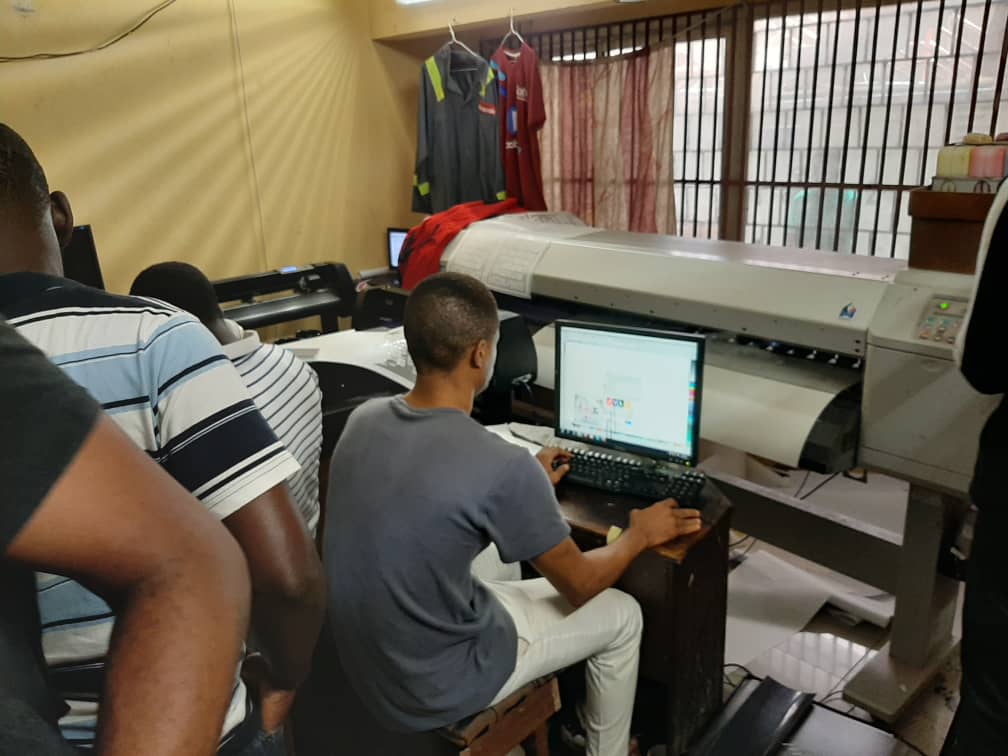

The engineers on site told us that the cost takes into cognisance the existence of a standby power generating set that augments the supply from the IPP power base.
According to him, “that amount covers for both the power coming from the IPP base and power being generated from the power base here. At the end of the day, the customers do not need to know which source the power comes from. Even when the IPP base is down, we must ensure that they constantly have power even it means burning diesel non-stop.”
We spoke to some merchants about the cost. A number of them told us that they had spent a lot more monthly on diesel and generator maintenance in the past.
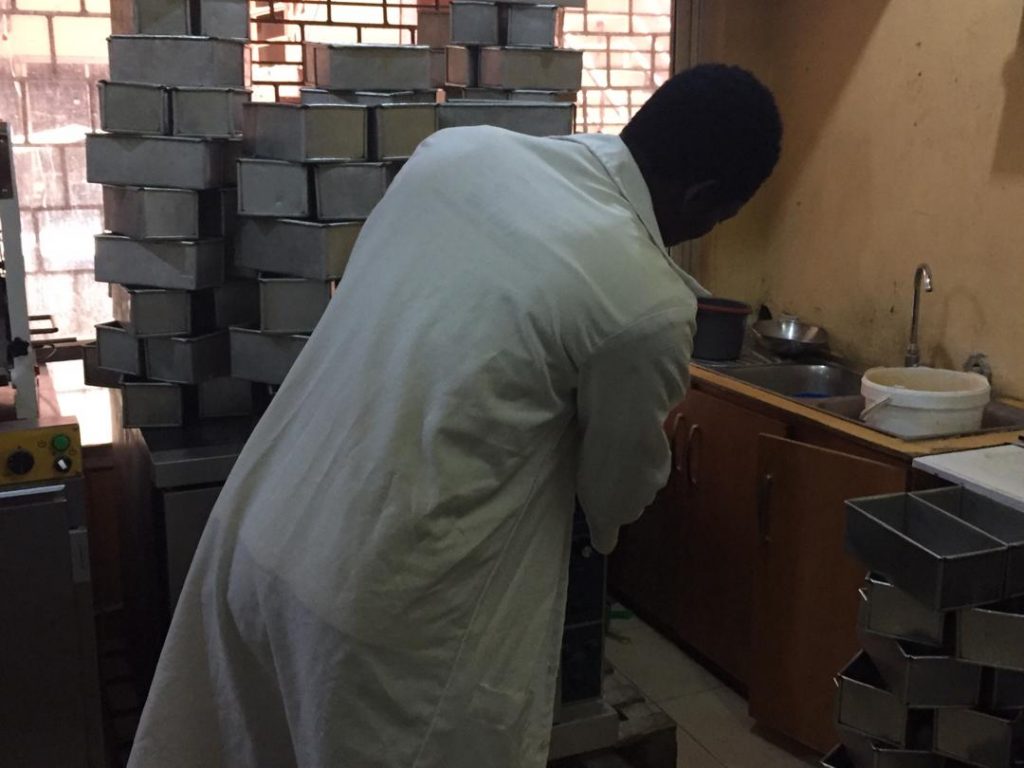

According to Emmanuel, a baker, prior to the IPP, he would spend an average of N65,000 buying diesel, servicing and paying old electricity bills. This has been reduced to an average of N40,000 monthly with “less-stress”.
What We Observed
24 hours of power
All the shop owners we spoke to testified that they now enjoy 24-hrs of power with only a handful of brief interruptions in the last 6 months. According to them, these instances of interruptions have been occasioned by maintenance at the power base.
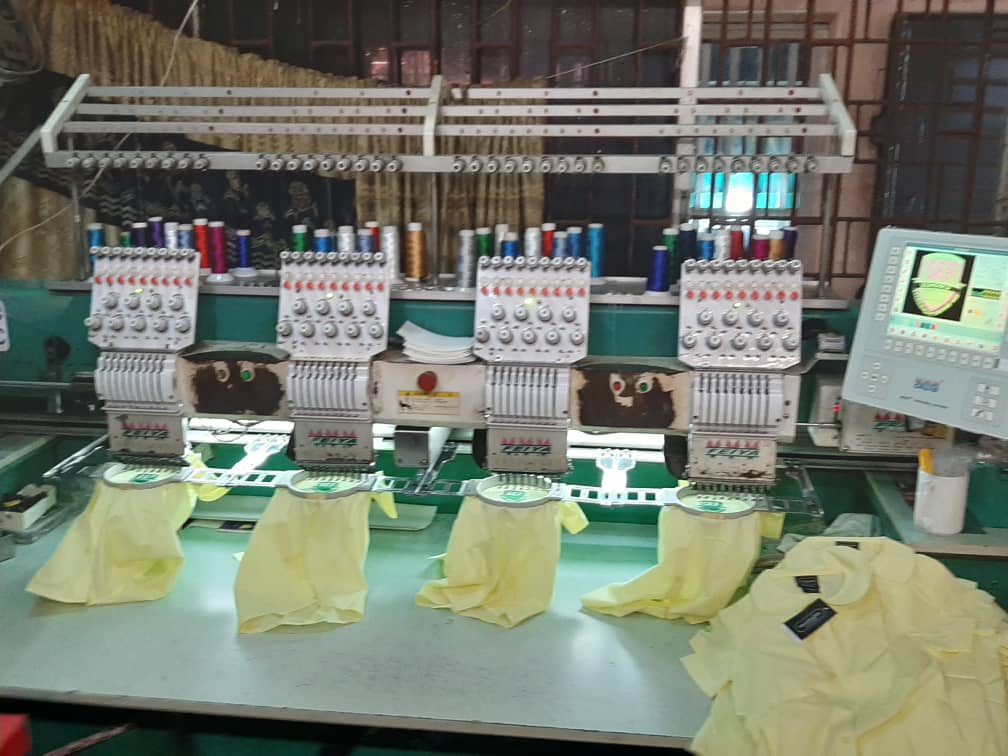

And, these were quickly augmented by the local power base.
Better Environment
The first thing you will observe when you walk through the Sura Shopping Complex is the pronounced serenity. Except for the Tier-1 Nigerian bank branch that has stuck to using its generator set for some reason, we could hardly hear the noise of generating sets around.
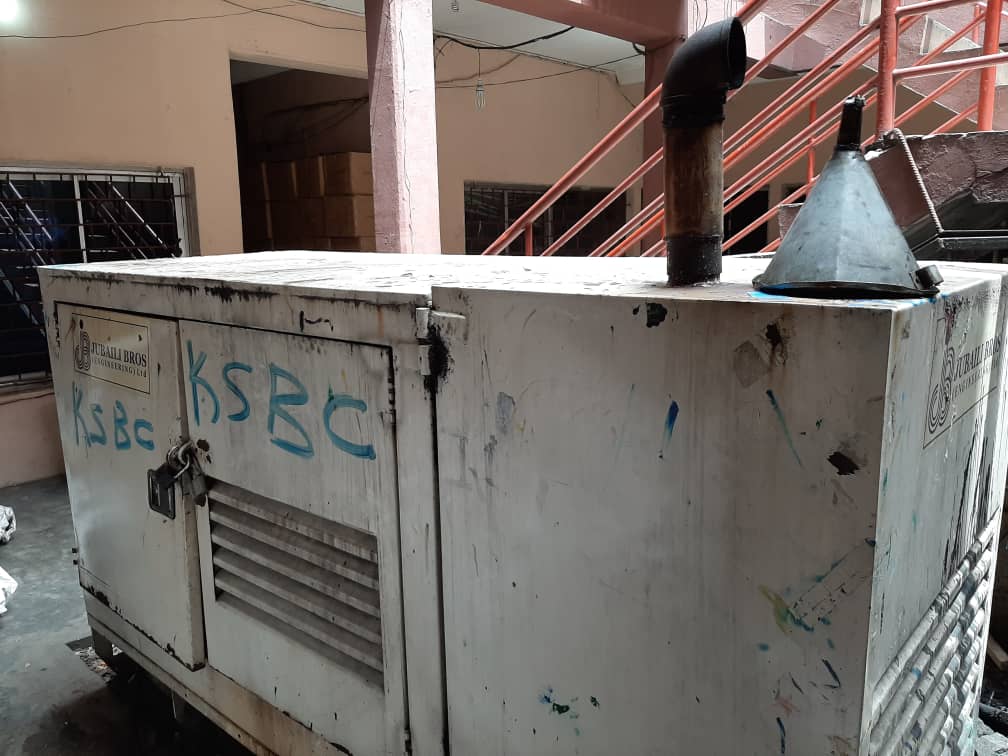

In fact, we observed that big and small generating sets within the complex have been decommissioned for many months. A number of clients claim not to remember when last they used their sets.
And, a number of generator stands/cages were empty.
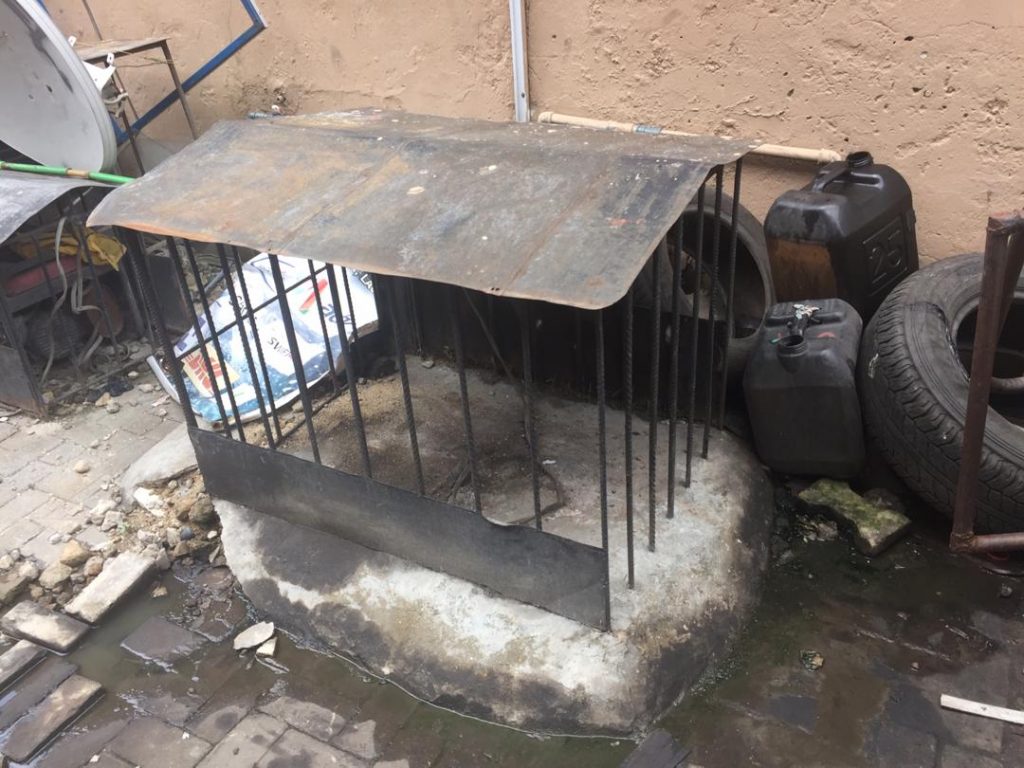

Power Rationing
It is not unusual to find the lights out and windows/doors open when you enter shops around the complex. The traders are very frugal with their power consumption.
Emmanuel the baker, told us that he only puts on his machines (like the oven) when it is time to use it. According to him, he does this to save power. The nearby restaurant has reduced its refrigerators from two to one because the other is redundant.
In fact, the engineers told us that it has become a culture for the merchants to often check their units before leaving in the evening and first thing in the morning to keep track of their consumption rate.
Conclusion
Our experience at the Sura Shopping Complex has gone a long way to reinforce some facts. Most Nigerians might be poor, but they are willing to pay for premium quality when they see it. And providing constant power supply is a significant step towards solving our economic issues. The IPP project in Sura has shown that decentralising power is the way forward. The law of economics will balance the rest.


